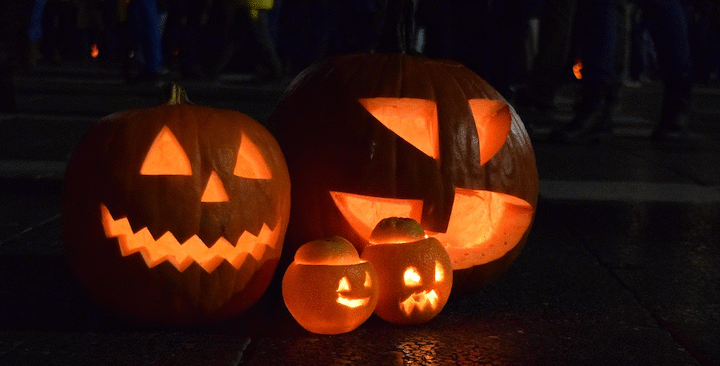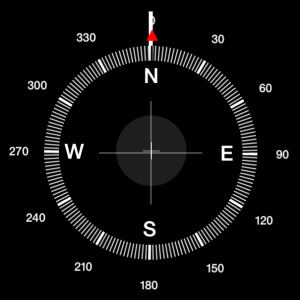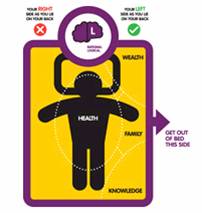Halloween and the Wisdom of Remembering Death
As October draws to a close and Halloween approaches, Western culture briefly flirts with mortality through costume parties, horror films and decorative skeletons. Yet beneath the commercialised festivities lies an ancient wisdom that many cultures have never forgotten: contemplating death enriches life. Halloween’s roots in the Celtic festival of Samhain and its connection to the Mexican Día de los Muertos remind us that our ancestors understood something modern society often forgets. Death is not merely an ending to be feared but a transition to be honoured, and the spaces where we rest and ultimately die deserve our thoughtful attention. This Halloween season offers an opportune moment to reflect on how we design our most intimate spaces, our bedrooms, not just for nightly rest but as sanctuaries supporting our journey through all of life’s transitions, including the final one.
The Bedroom as a Portal Between Worlds
The bedroom occupies a unique position in human experience. It is the space where we spend approximately one third of our lives, surrendering consciousness each night in the mysterious ritual of sleep. It is also, for many, the final earthly chamber where the transition from life to death occurs. This profound duality makes the bedroom perhaps the most significant room in our homes, yet it often receives far less attention than kitchens or living rooms in contemporary interior design discourse.
Feng shui, the ancient Chinese practice of harmonising individuals with their surrounding environment, originated not in the design of living spaces but in the careful siting of burial places. This origin reveals a fundamental truth: our ancestors understood that the quality of rest, whether in sleep or in death, profoundly affects wellbeing. For the living, this manifested as family prosperity; for the deceased, as ancestral peace. This intimate connection between the spaces we inhabit, the quality of our rest, and our broader wellbeing forms the foundation of feng shui philosophy and remains remarkably relevant to contemporary environmental psychology.



